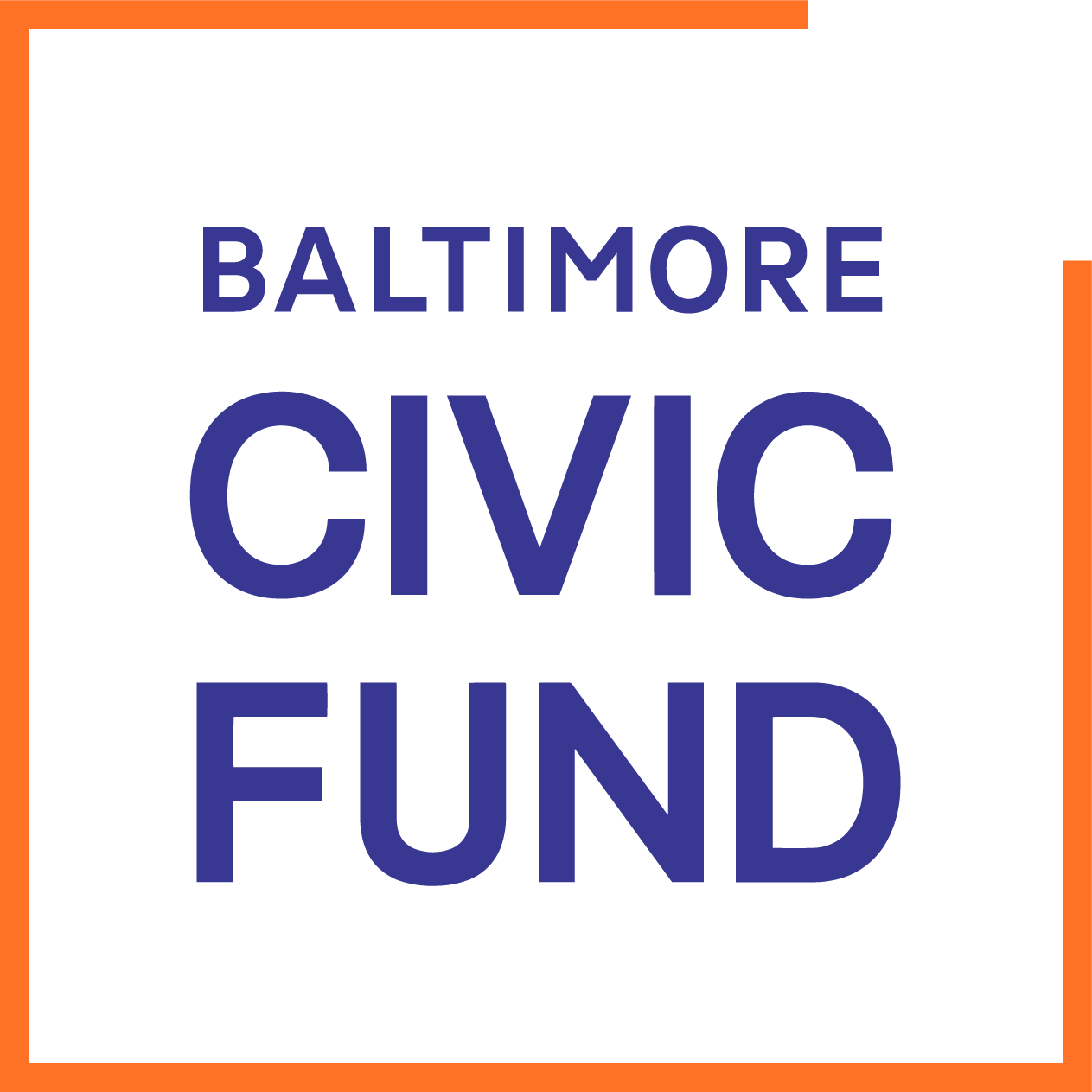Mayor Scott Announces Clean Corps Initiative to Beautify Communities
Baltimore Department of Public Works To Lead Inter-Agency Efforts Working With Residents and Neighborhoods to Address Community Blight
BALTIMORE, MD. (Thursday, August 4, 2022) - Today, Mayor Brandon M. Scott announced the City’s Clean Corps initiative to hire community members as part of the City’s strategy to improve its capacity to clean and maintain public spaces in historically disinvested neighborhoods throughout Baltimore.
Under this initiative, Mayor Scott is investing $14.7 million in American Rescue Plan Act (ARPA) funding to partner with community and citywide organizations to hire Baltimore residents to remove debris from alleys, public trash cans, and overgrown, trash-filled vacant lots in up to 15 selected neighborhoods.
"This program is a great example of the City leveraging ARPA funding to produce the greatest possible impact for our residents," said Mayor Brandon M. Scott. "Everyone deserves to live in a clean and healthy community and with Clean Corps we are actively expanding our capacity to maintain neighborhoods and proactively address blighted spaces, all while providing meaningful employment for residents in our communities."
The program combines workforce development, equity and empowering community-led efforts. The Baltimore Civic Fund will issue a Request for Applications later this month to community-based and citywide organizations to partner with neighborhoods to hire Baltimore residents for Clean Corps. During this two-and-a-half-year program, those hired as part of the initiative will earn $15 per hour for the duration of their employment.
Department of Public Works Director Jason Mitchell, who oversaw a similar program in Oakland, Calif., said Clean Corps provides multiple benefits for the City of Baltimore and its residents.
"This program not only allows for the community to partner with the City to establish more beautiful neighborhoods, but it also empowers our residents by creating a greater sense of civic pride and increased opportunities for economic development," said Jason Mitchell, Director of the Baltimore City Department of Public Works. "By allowing residents to earn income and learn how to work with our agency, we are creating a pipeline for long-term careers in public works."
Grantees will work with neighborhoods with the highest number of service request calls for boarding, trash, and high grass and weeds; highest decrease in population; highest number of privately-owned vacant lots; and other factors.
Successful grant applicants must demonstrate that they have the support of the neighborhood association for the neighborhood with which they are planning to work.
Ensuring Clean and Healthy Communities is a core pillar of Mayor Scott’s Action Plan, first announced last December. Goal three of this pillar is to improve the cleanliness of Baltimore neighborhoods, streets, parks, and public spaces.
At the direction of Mayor Scott, the Department of Planning will work in close cooperation with the Department of Public Works (DPW) as well as the Mayor’s Office of Recovery Programs, Mayor’s Office of Employment Development, Baltimore City Department of Housing and Community Development, and the Baltimore Civic Fund to support this initiative.
"This initiative came out of the Mayor’s desire for an equitable program to implement the ‘clean and green’ components of the administration’s Action Plan," said Chris Ryer, Director of the Baltimore City Department of Planning. "Working with Recovery funds, we will coordinate an inter-agency effort to support historically disinvested neighborhoods to seize control of their environment, and maintain it to their level of satisfaction, while providing resources for similar neighborhoods that do not have the internal resources to do the same. Our hope is that this explores a new paradigm for how the city maintains the livability of communities suffering from population decline, and ultimately reverses their trajectory."
The City hopes to leverage this investment to secure additional funding sources to continue the Clean Corps initiative beyond the initial two-and-a-half-year period and expand the program to additional neighborhoods.
